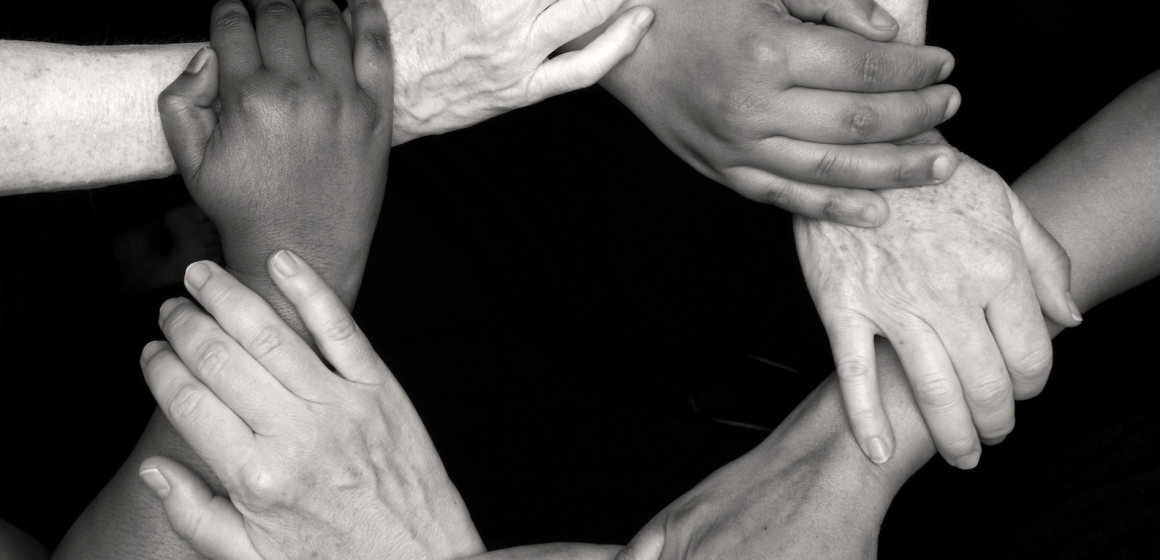On 7 December 2022, the European Commission adopted a proposal for a Regulation aimed at harmonizing at the EU level the rules of private international law relating to parenthood. The proposal is focused on the best interests and the rights of the child. It will provide legal clarity for all types of families, who find themselves in a cross-border situation within the EU, be it because they move from one Member State to another to travel or reside, or because they have family members or property in another Member State. One of the key aspects of the proposal is that the parenthood established in a Member State of the EU should be recognized in all the other Member States, without any special procedure.
Union law as interpreted by the European Court of Justice, notably on free movement, already provides that parenthood established in a Member State should be recognized in all the other Member States for some purposes: access to the territory, right of residence, and non-discrimination with the nationals. However, this is not the case for the rights derived from national law.
Today’s proposal allows children in cross-border situations to benefit from the rights derived from parenthood under national law, in matters such as succession, maintenance, custody, or the right of parents to act as legal representatives of the child (for schooling or health matters).
Protecting children rights
Currently, Member States have varying national laws on the jurisdiction, applicable law, and recognition in the field of parenthood, potentially causing legal hurdles for families who find themselves in a cross-border situation. Families sometimes have to start administrative or even judicial proceedings to have the parenthood recognized but these are costly, time-consuming, and can have uncertain results. The proposal, therefore, aims to protect the fundamental rights of children, provide legal certainty for the families, and reduce the legal costs and burden for the families and the Member States’ administrative and judicial systems.
The main elements of the proposal include:
- Designation of the jurisdiction: the proposal determines the courts of the Member States that have jurisdiction in matters related to parenthood, ensuring the best interest of the child;
- Designation of the applicable law: as a rule, the law applicable to the establishment of parenthood should be the law of the State of the habitual residence of the person giving birth. Where that rule results in the establishment of parenthood as regards only one parent, alternative options ensure that parenthood can be established as regards both parents;
- Rules for recognition of parenthood: the proposal provides for the recognition of court decisions and authentic instruments establishing or providing evidence of the establishment of parenthood. As a rule, parenthood established in a Member State should be recognized in all the other Member States, without any special procedure;
- Creation of a European Certificate of Parenthood: children (or their legal representatives) can request it from the Member State which established parenthood, and choose to use it to prove their parenthood in all the other Member States. The Commission proposes a harmonized template, common to the whole EU. The use of the Certificate would be optional for families, but they have the right to request it and to have it accepted all over the EU.
The proposal will complement other EU private international law rules, on matters such as succession. It does not harmonize substantive family law, which remains the competence of the Member States.
Next steps
The Commission’s proposal has to be adopted unanimously by the Council, after consulting the European Parliament. Five years after the Regulation becomes applicable, the Commission will evaluate its application by the Member States and may propose amendments.
Background
Commission President von der Leyen said in her 2020 State of the Union speech that “If you are a parent in one country, you are a parent in every country”. With this statement, the President referred to the need to ensure that the parenthood established in a Member State is recognized in all other Member States for all purposes.
EU citizens can live and work in different EU countries. They travel, move for work, buy houses, and start families. At the moment, Member States have varying national laws on the recognition of parenthood, so when a family finds itself in a cross-border situation, it might lose the rights derived from parenthood under national law. The non-recognition of parenthood puts at risk the fundamental rights of children, including their right to an identity, to non-discrimination, and to a private and family life.
The proposal was identified as a key action in the EU Strategy on the rights of the child and the EU LGBTIQ Equality Strategy. The European Parliament welcomed the Commission’s initiative in its Resolution on the protection of the rights of the child in civil, administrative, and family law proceedings and in its Resolution on LGBTIQ rights in the EU. The Council conclusions on the EU Strategy on the rights of the child underline that children’s rights are universal, that every child enjoys the same rights without discrimination of any kind, and that the best interests of the child must be a primary consideration in all actions relating to children, whether taken by public authorities or by private institutions.
Source: Equality package: Commission proposes new rules for the recognition of parenthood between Member States | an official website of the European Union


